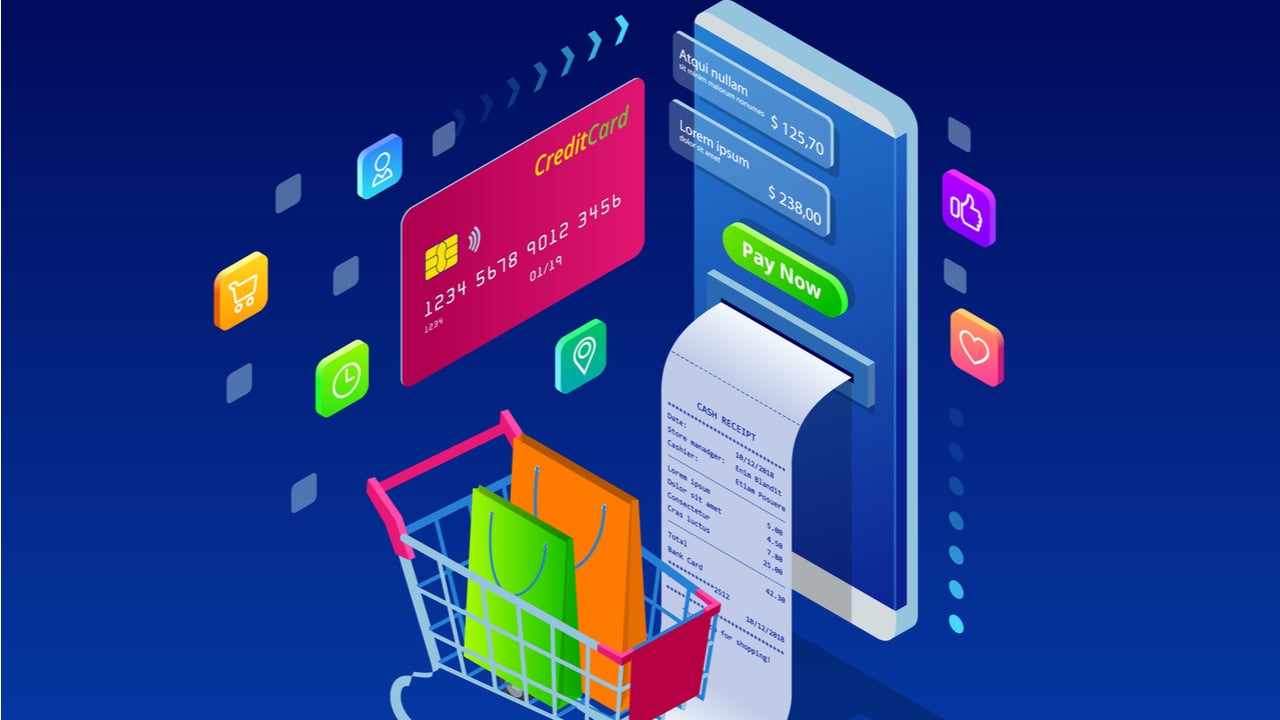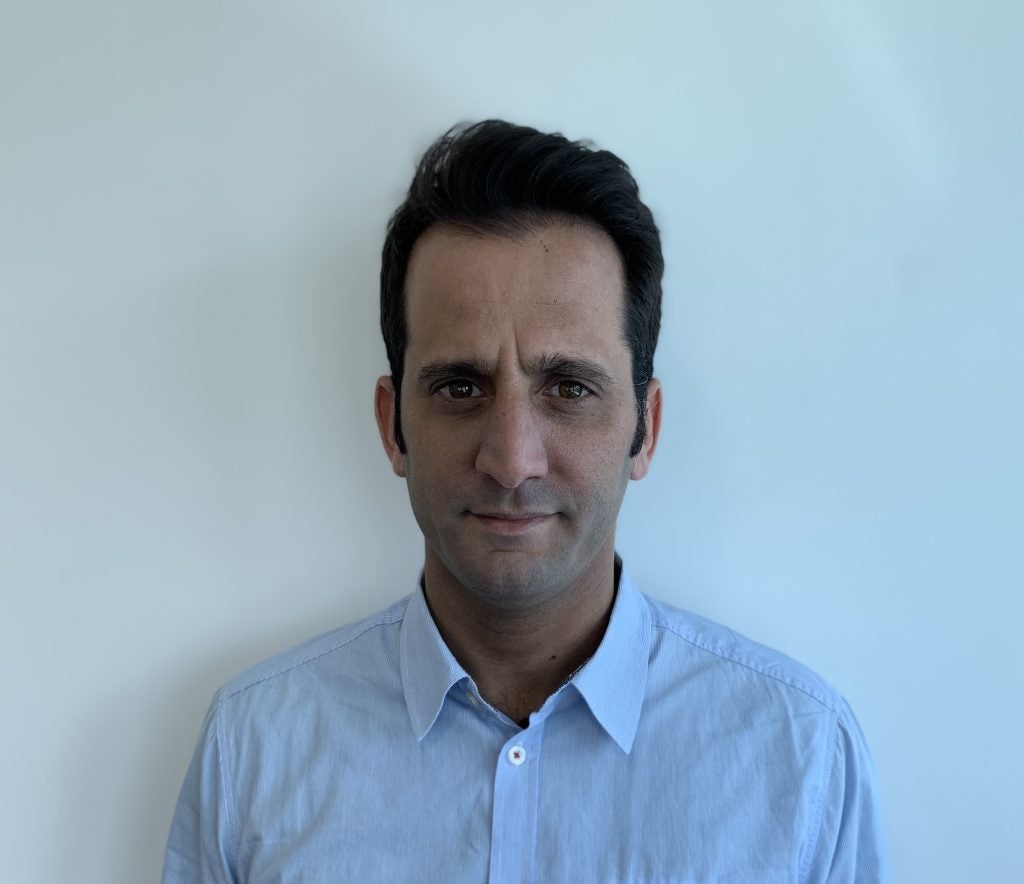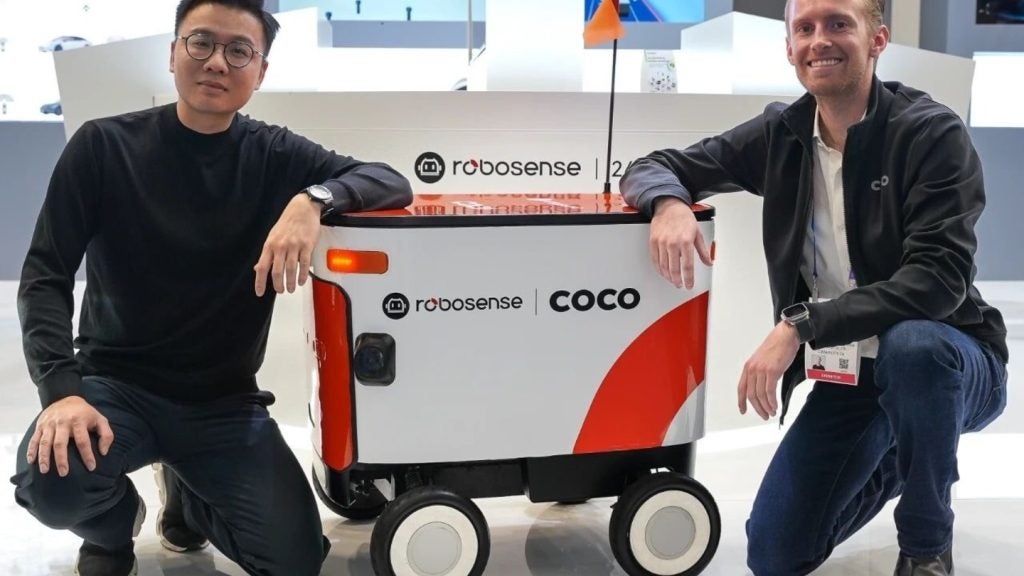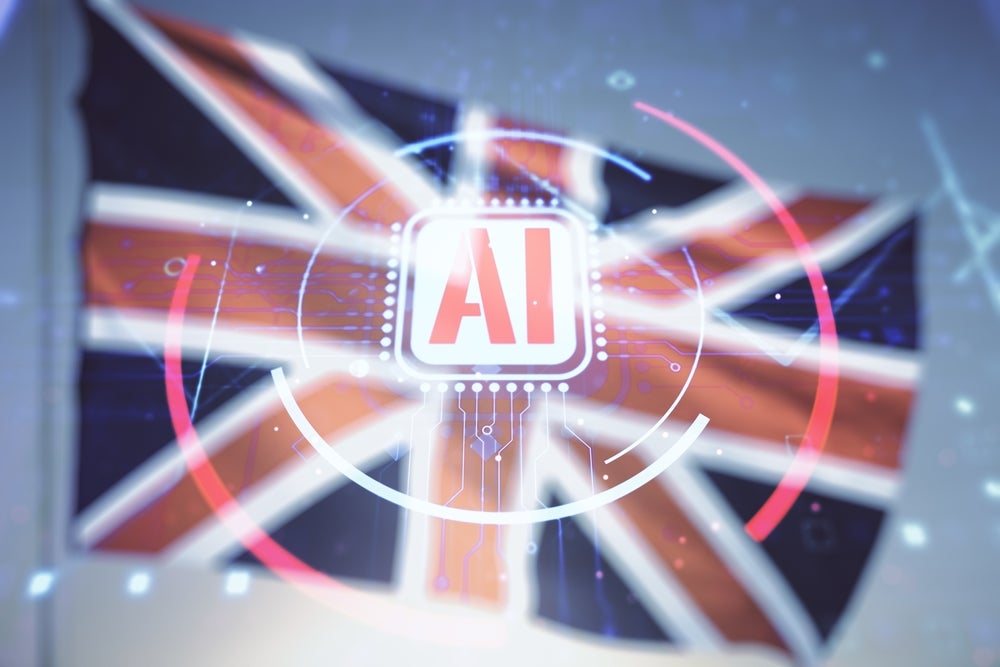
Gareth Cummings is the CTO of eDesk, a connected ecommerce platform for online retailers to manage their orders and customer support.
Formerly xSellco, eDesk counts the likes of Suzuki, Superdry and Littlewoods among its customers.
As CTO Cummings leads the product development, architecture and engineering function across eDesk’s suite of software products. This includes its AI-powered helpdesk solution for multichannel ecommerce sellers, and Repricer, a repricing tool for Amazon sellers.
Prior to his role at eDesk, Cummings held leadership positions at Brite:Bill, Sentenial and Globoforce. In this Q&A, the 42nd in our weekly series, Cummings discusses the tech trends shaping ecommerce, explains why he looks up to Linux developer Linus Torvalds and shares the benefits of sea swimming.
Rob Scammell: Tell us a bit about yourself – how did you end up in your current role?
Gareth Cummings: I’ve been working at eDesk for close to three years but prior to joining, I worked in several Irish tech startups over the past 15 years or so. Previously, I worked at Brite:Bill which was then acquired by Amdocs. My old boss got talking with xSellco’s, now eDesk, founder Ray Nolan who was looking for a CTO so he connected us. We went for a coffee and hit it off, and the rest is history.
What’s the most important thing happening in your field at the moment?
At the moment, there’s lots happening. In ecommerce, it’s the way that the pandemic has created extreme acceleration of the sector, which has seen pace that was predicted for 2023 achieved in 2020. So we’ve jumped ahead three to four years.
How well do you really know your competitors?
Access the most comprehensive Company Profiles on the market, powered by GlobalData. Save hours of research. Gain competitive edge.

Thank you!
Your download email will arrive shortly
Not ready to buy yet? Download a free sample
We are confident about the unique quality of our Company Profiles. However, we want you to make the most beneficial decision for your business, so we offer a free sample that you can download by submitting the below form
By GlobalDataAmongst our own clients, we can see up to 80% growth, which would typically be around 10%. Amazon, Shopify and Walmart are big players in the general ecommerce ecosystem, but big tech players now also want to get into the mix with the likes of Facebook Shops and Shops on Instagram and Google is pushing its Google Shopping system.
Which emerging technology do you think holds the most promise once it matures?
You could argue that this isn’t an emerging technology per se because it’s been around for some time, but AI is still a hot topic and an innovation that’s still being honed and refined. Due to its very nature, AI has massive implications in terms of its use across different industries and on lots of different automations.
And while, Zoom, Google Hangouts and cloud-based computing aren’t new either, they’re really emerging as a result of the pandemic, which has effectively seen the whole world switch to remote working more or less seamlessly with these technologies. Though they’ve been around for a while, we’re seeing further and better uses of the technology – expanding hand in hand with new innovations sector-wide.
How do you separate hype from disruptor?
You get a lot of buzzwords in tech and quite often they’re things that have been around for a while but have been packaged up as something else – with some good marketing behind it. I really try and look at the practicalities of how the tech is being used in the real world and also how I, as a CTO, could use it in eDesk’s platforms to actually help customers.
For example, AI has been talked about for the last ten years already, but it’s only in the last three or four years that you truly start to see the real usability and implications.
What’s the best bit of advice you’ve been given?
It was probably back when I was living abroad about 15 years ago and going through a tough time. I got a card from my Dad and it had just four words in it, which was ‘Keep her going. Dad.’ ‘Keep her going’ is probably an Irish expression, but essentially it means just keep moving forward and I think that was the best bit of advice I ever received because I still use that pretty much every day. Whether it’s for work or personal life, I just keep going, moving forward and pushing.

Where did your interest in tech come from?
Growing up, I had a natural interest in computers and the first I had was a Commodore 64. I learnt some basic programming on it and created video games, so that’s where my interest sparked. I took a few detours and worked in different jobs, everywhere from warehouses to McDonald’s, but ended up where I started and studied computer science in college and university. I still like gaming, but I’ve got four kids now, so there’s not much time for it – plus my kids are beating me now so it could be time to call it quits.
What does a typical day look like for you?
eDesk has been around for about seven years, but we’re still in that startup mode so every day is quite different. It could be a deep dive on some technical problem that we have, it could be looking at a product roadmap and considering our strategy or later in the afternoon it could be working with partners such as Amazon and Google. It’s very varied and that’s what I like about it.
What do you do to relax?
As I mentioned I have four kids, so they keep me busy ferrying them to activities, whether that’s football, swimming or ballet. I’m really into sports myself too and a big Liverpool fan although, of course, can’t go to see them play currently. More recently, as a result of working from home, I’ve taken up sea swimming. I don’t like it when I’m doing it, but I always feel better afterwards. When you jump in 10°C water in winter, you’re really not thinking about work or anything else, you’re just in that moment trying to focus on breathing and moving, so it’s a great way of relaxing or destressing.
Who is your tech hero?
Linus Torvalds, the developer of open source platform Linux. He’s so important because if you go back to the early to mid-90s, tech was quite a closed shop. You had IBM and Microsoft, but software was quite restricted and expensive if you were a small company wanting to set up servers and platforms. Linux and open source unlocked the tech to a whole new world of companies who wouldn’t have had the opportunity before, so this was a big driver of change. Linus is probably underplayed in terms of how he and open source allowed startups to take on some of the big tech companies, but he’s who I would certainly look up to.
What’s the biggest technological challenge facing humanity?
Look 30 or 40 years into the future, what will the role of AI and automation play in taking over manual jobs? That’s a thing we haven’t really thought about enough in terms of kids or grandkids and how the world would look for them.
People work to earn money, but it also creates a sense of purpose. By taking away a large chunk of the workforce through AI, I think that will cause some big societal questions for a significant portion of the population which I don’t think has been thought through.
Read more: CTO Talk: Q&A with Solace’s Shawn McAllister







